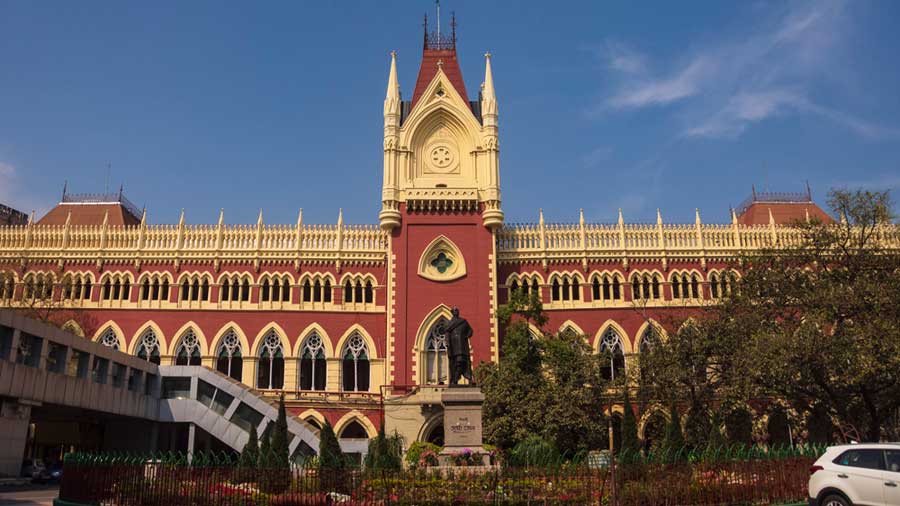


The Calcutta High Court in the case Amit Polley Vs. The State of West Bengal & Anr observed and has refused to quash the criminal proceedings which are initiated against the man accused of abetting the suicide of a minor girl whom he was in love with, by allegedly inflicting the physical and mental torture upon the girl and was demanding money from her.
The single bench headed by Justice Shampa (Dutt) Paul in the case observed and has directed the Trial Court to be mindful of Section 305 of the Indian Penal Code, 1860 i.e., the Abatement of suicide of child or insane person during the framing of charges.
The counsel appearing for the petitioner argued before the court that the Trial judge in the case had failed to appreciate that the materials on record did not substantiate a charge as stated under section 306 of the Indian Penal Code, 1860 and that even if the written complaint is being made against the petitioner was taken to be true, no case had been made out against the petitioner pertaining to the alleged offences.
It has also been submitted by the counsel before the court that to construe an offence under section 306 of the Indian Penal Code, 1860, an act of abetment would have to be proven by the prosecution, but in the present case none of the materials on the charge sheet was pointed towards any abetment by the petitioner on the victim in the case.
Further, the counsel appearing for the State submitted before the court that sufficient materials had been placed on record for the case to proceed towards trial.
It has also been noted by the said court that the case diary that the minor was 15 years old at the time of the alleged offence and there were specific allegations which pertains to the relationship of the petitioner with the minor victim along with prima facie material in the case diary.
The Apex Court in the case also relied upon the decision in the case Daxaben v State of Gujarat, wherein the court refused to quash the criminal proceedings and remanded the matter to trial.